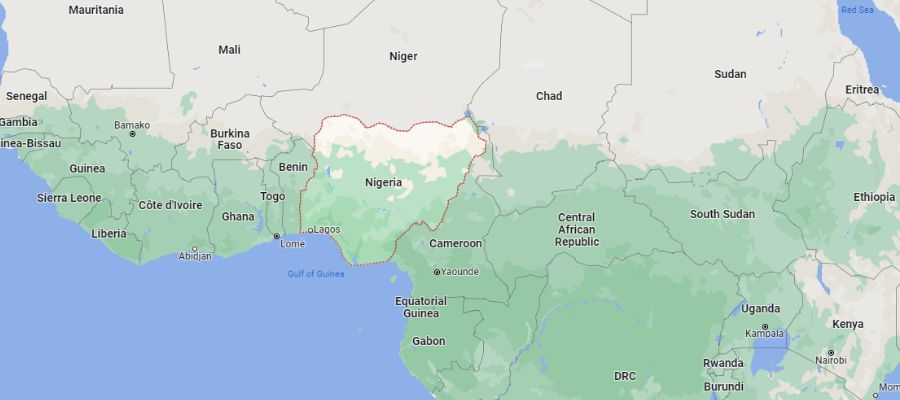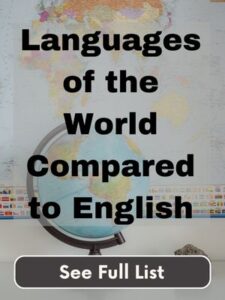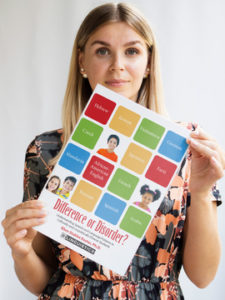The Igbo language is a member of the Niger-Congo language family, spoken by approximately 45 million people worldwide, primarily in Nigeria. It is one of the four official languages of Nigeria and is also spoken in neighboring countries like Cameroon, Equatorial Guinea, and Gabon. Despite being a relatively unknown language, there is an emerging need for information on Igbo speech and language patterns because of recent increases in immigration from West Africa.
The Igbo language uses two writing systems – the Latin alphabet and the Nsibidi script, a system of symbols used by the Igbo people for centuries before the introduction of the Latin alphabet. Today, the Latin alphabet is the most widely used writing system for Igbo, with the Nsibidi script reserved for ceremonial purposes.
Igbo is a tonal language, with two distinctive tones that can change the meaning of words. It also has a complex grammatical structure, with many noun classes and verb tenses. Igbo is known for its musical quality, with many songs and poems written in the language.
In addition to Nigeria, Igbo is also spoken in immigrant communities around the world, including the United States. Many Igbo people have immigrated to the United States in search of better economic opportunities, and as a result, Igbo is now one of the most commonly spoken African languages in the United States.

Interesting Facts About Igbo Speech and Language Development
One interesting fact about the Igbo language is that it has a rich oral tradition, with many stories, proverbs, and riddles passed down through generations. This oral tradition is an important part of Igbo culture and has helped to preserve the language and its unique characteristics over time.
Additionally, the Igbo language is that it has been influenced by other languages over the centuries. Due to the Igbo people’s history of trade and migration, the language has borrowed words and phrases from other languages, including Arabic, Portuguese, and English.
Igbo Speech and Language Development
Igbo and English Consonant Phonemes
| Igbo Consonants Not Shared with English | /b~m//l~n//j~ɲ//ɡ~ŋ/ /ɡʷ~ŋʷ/ /k͡p/ /ɡ͡b/ /ɦ~ɦ̃//ɣ//kʷ/ |
| Igbo Consonants Shared With English | /p//t//d//k/ /f//s/ /z//ʃ/ /tʃ/ /dʒ//w/ |
| English Consonants Not Shared with Igbo | /b//g//v//ʒ/ /h/ /m/ /n/ /ŋ/ /j/ /l / /ð/ /θ/ /ɹ/ |
Igbo and English Vowel Phonemes
| Igbo Vowels Not Shared with English | /i̙//u̙//o̙/ |
| Igbo Vowels Shared With English | /a/ /e /i//u//o/ |
| English Vowels Not Shared with Igbo | /ɔ/ /ʊ/ /ɛ/ /I/ /æ/ /ʌ/ /ə//ɚ/ |
The Use of Phonotactic Constraints in Igbo Speakers
| Patterns of Native Language Influence: | Example/description of possible errors: |
|---|---|
| Allowable syllable patterns in Igbo are vowel (V), consonant-vowel (CV), and syllabic nasal (N) | Syllables might be reduced in multisyllabic words |
| Aside from the syllabic nasal, consonants cannot occur at the end of words | Final consonants might be omitted |
| There are no consonant clusters | Consonant clusters might be reduced or a neutral vowel might be added between consonants (e.g. pay for play or puhlay for play) |
| Substitution of [θ] with [s], [t], [f] | thin – sin, tin, fin |
| There are only four vowel sounds (a, i, u, o) | Other vowels might be substituted with [a, i, o, u] |
(Anyanwu, 1998)
Language Specific Differences Between English and Igbo
| Feature | Igbo | English | Examples of Errors |
|---|---|---|---|
| Word Order | Usually subject-verb-object | Usually subject-verb object | None expected |
| Pronouns | Igbo does not distinguish between subject and object pronouns (e.g. he vs. him) but person (first, second, and third singular and plural subjects) is distinguished. Pronouns can also be marked for possession. | Subject pronouns: he/she/they/weObject pronouns: him/her/them/us | She mom ishere.*/ Her mom is here.Them go to school.*/They go to school. |
| Articles | No articles | Has definite (the) and indefinite (a, an) articles | I have cat.*/I have a cat. |
| Adjectives | Adjective can precede or follow the noun. There are few adjectives in Igbo. Instead verb suffixes are used to describe actions. | Adjective precedes noun | I want the cat brown.*/ I want the brown cat. |
| Plurality | Marked with a prefix /otutu/ so cup /iko/ becomes /otutuiko/ | Add an /s/ to the noun | Plurals might not be marked at aIl or might be marked incorrectly. I want two sandwich.*/I want two sandwiches. |
| Verb conjugations | Verbs do differentiate between present and past. Instead, suffixes are added to the verb to describe the tense and quality of the verb. Examples include: tara/-tere: action in the past (he did); -la/-le: completed action (he has done); -ri: past completed action (he did); -go: already completed the action (have done); -lu: to indicate an intensification of the action of the verb | Verb conjugates to demonstrate tense changes (I eat, I ate) | Igbo suffixes might be used to mark tense or intensity. (e.g. walklu to express intense walking) |
| Prepositions | There is one preposition (na) in Igbo, which has to be understood by context | Many different prepositions | Incorrect use of prepositions |
Note: Sentences marked with an asterisk (*) are not grammatical.
Sources:
Nwokah, E. E. (1986). Consonantal substitution patterns in Igbo phonological acquisition. Language and Speech, 29(2), 159-176.



